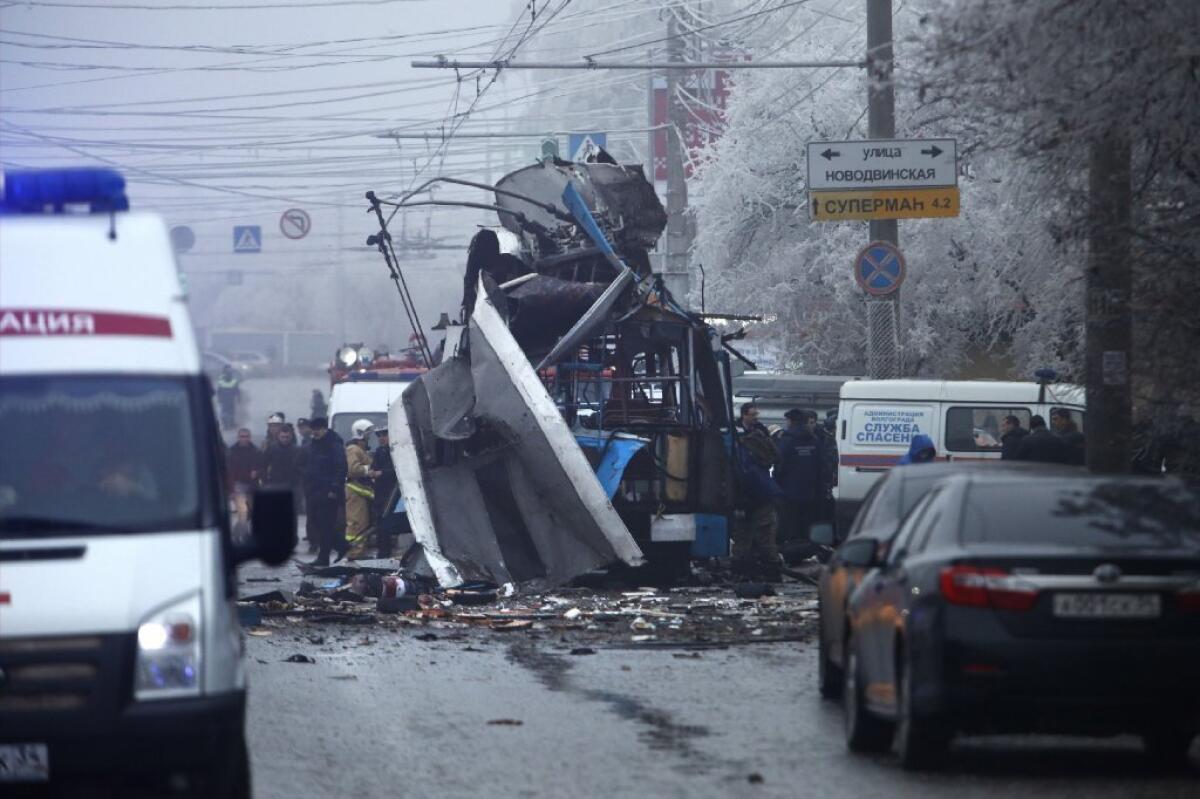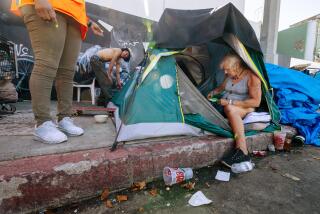Are the Sochi Olympics heading for disaster?

Security concerns have been entwined with the planning for every Olympiad at least since Munich 1972. The horrific events in Volgograd in recent days are only a reminder that the Sochi Winter Olympics will open some five weeks from now in a frighteningly unstable part of the former Soviet empire.
The North Caucasus, as two prominent critics of the Olympics project have written, is “a region with a traditionally high terrorist threat level.” The Volgograd bombings add another layer of tension and doubt about Russian security preparations.
But there are more reasons for concern for the success of these Olympics, a personal project of Russian President Vladimir Putin. They’re being staged in the worst conceivable location, stupendously over budget, rife with corruption and logistically nightmarish. The head of the International Olympic Committee, Thomas Bach, says he expects the games to be safe, secure, and successful, but what else can he say? The games open on Feb. 7. Many people are wondering if these will be the Olympics where the most dire warnings come true.
The most assiduous critics are Boris Nemtsov and Leonid Martynyuk. The former is a Sochi native and former candidate for mayor (he has said the election was rigged against him). He and Martynyuk are longtime anti-Putin activists. Their report on the chicanery surrounding the Sochi project, “Winter Olympics in the Sub-Tropics,” first published on May 30 and since updated, makes for a shocking read.
“Russia is a winter country,” they begin. “It’s hard to find a place on the map of Russia where there hasn’t been snow and where winter sports are not developed. But Putin found such a spot and decided to hold the winter Olympics there. It’s the city of Sochi.”
Last year in early February, they point out, the average temperature in Sochi, a Black Sea resort, was nearly 50 degrees.
Their main focus, however, is financial. The Sochi Olympics, which were originally budgeted at $12 billion, are currently estimated to cost $50 billion. That astonishing figure exceeds the cost of all the previous Winter Olympics combined. Compare it with the Salt Lake City Olympics of 2002, which came in at about $2.5 billion, much of it contributed by the federal government. Even at that price, the Salt Lake Games were considered to be afflicted with massive cost overruns, some of which enriched wealthy local developers (despite the assertions of their chair, Mitt Romney, that the Games were run with businesslike efficiency).
Nemtsov and Martynyuk attribute much of the cost of Sochi to high-placed thievery and embezzlement, which they say has turned the Olympics into an “an unprecedented thieves’ caper” featuring “abuse, corruption, petty tyranny, cronyism, non-professionalism, and irresponsibility.”
Among the leading beneficiaries, the authors say, are Arkady and Boris Rotenberg, billionaire brothers who were youthful friends of Putin’s and who obtained billions in no-bid construction contracts. The deal for the largest single construction project of the Sochi Olympics -- a 48-kilometer highway connecting the city to the mountain sports venues -- went to a state-owned company headed by another Putin crony. The road is expected to cost more than $9 billion, or $200 million per kilometer.
The greatest folly may involve the attempt to turn Sochi into a winter sports center, something it’s never aspired to be. The stadiums and arenas, which will have a combined 200,000 seats, are outsized for a city with a population of 500,000; once the Olympic circus leaves town they’re destined to go empty, almost certain to fall into disrepair.
Another scandal is the exploitation of 70,000 migrant workers -- “slave labor,” according to Nemtsov and Martynyuk -- who have been subjected to such abuse their cause has been taken up by Human Rights Watch. They’ve been cheated of wages, forced to work 12-hour shifts with virtually no time off, had their passports confiscated, and housed in filthy, overcrowded quarters. Those who protest have been arrested and deported. As for the construction quality of the structures they erected under such working conditions and in haste, we’ll see.
This is the project Putin expects to be his crowning achievement as Russia’s leader. Nemtsov and Martynyuk call it “a disgrace rather than a triumph.” That may be true not only for Russia, but for the Olympic movement itself.
Reach me at @hiltzikm on Twitter, Facebook, Google+ or by email.
MORE FROM MICHAEL HILTZIK
Obamacare success stories you haven’t read
Katie gives the anti-vaccine movement a megaphone
The California GOP’s anti-Obamacare stunt
More to Read
Go beyond the scoreboard
Get the latest on L.A.'s teams in the daily Sports Report newsletter.
You may occasionally receive promotional content from the Los Angeles Times.







